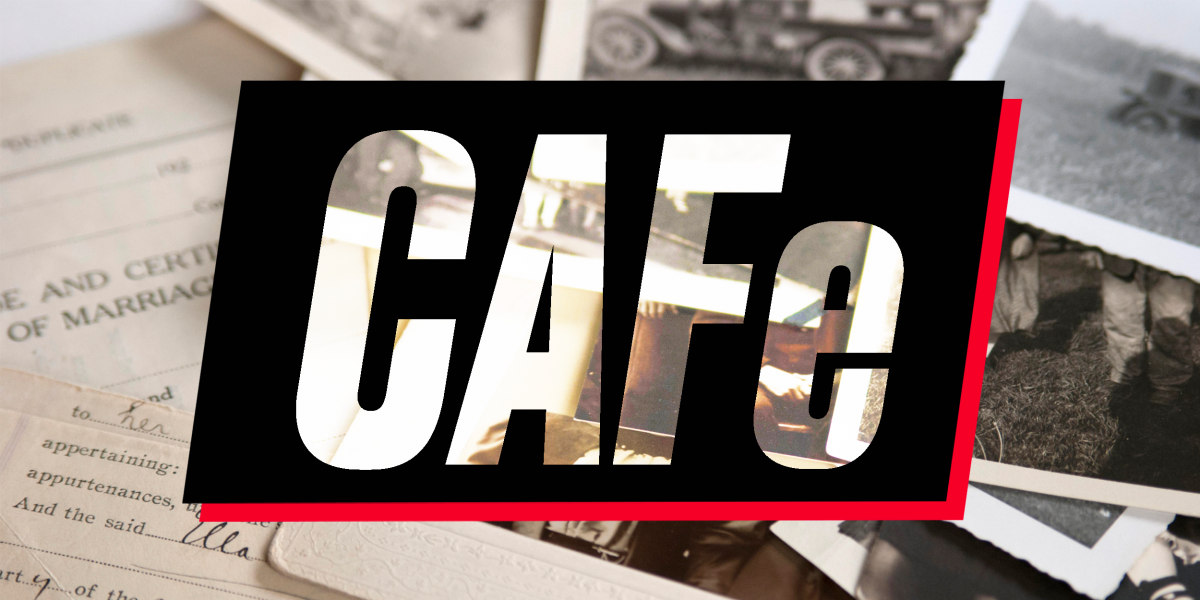(Video) CAFe Speaker Series: Experts Discuss Zines as a Form of Advocacy, Self Expression
Cultural heritage practitioners, educators and creators discuss zine creation and preservation

Four cultural heritage practitioners, educators, and creators spoke during a panel on Nov. 16 about zines as a form of political communication, self expression, and cultural heritage as part of the CAFe Speaker Series.
Zines — a small-circulation work of original or appropriated text and images — are a diverse medium that can express a range of ideas including niche interests, artistic messages, and social justice advocacy.
During the presentation, Loren Mixion, Lisa Warwick, Sharaya Olmeda, and Britt Starr — experts in archival presentation and zine creation — spoke about the importance of zines and gave various examples of how this form of artistic expression has inspired social change.
Mixion also modeled how to create a miniature zine and used a video demonstration to show attendees how to fold a piece of paper to most effectively convey information. While there aren’t set rules for folding zines, one of the most popular layouts is a digest-sized zine which is made by folding a piece of paper in half to make four segments on each page.
As an outreach librarian at Coastal Carolina University, Mixion said she approaches zines as a pedagogy tool, which centers on the idea that people can create new information while they’re learning about existing knowledge. In conference settings, Mixion will bring a blank zine and fill in information as she learns more, she said.
“It encourages people to be active creators of knowledge as they’re learning knowledge,” Mixion said. “I have used zines and have proposed using zines in this way.”
Warwick, who serves as manager of The People’s Archive at Washington, D.C.’s public library, said zines can be a form of self expression and can convey experiences and perspectives that couldn’t otherwise be expressed through speech or writing.
One subsect of The People’s Archive is the D.C. Punk Archive, which was established in 2014 to document the vibrant punk culture scene immersed in the city. Warwick said women-created zines that convey their experiences and hardships have come up while studying D.C. punk culture.
“If you are a man who doesn’t know what I’m going through, I’m just going to start handing you this zine,” Warwick said. “Seeing zines as a vehicle for that is really touching, and I’m sure for a lot of us here we had those moments of ‘I thought I was the only one who thought that.’”
Watch the full presentation here.